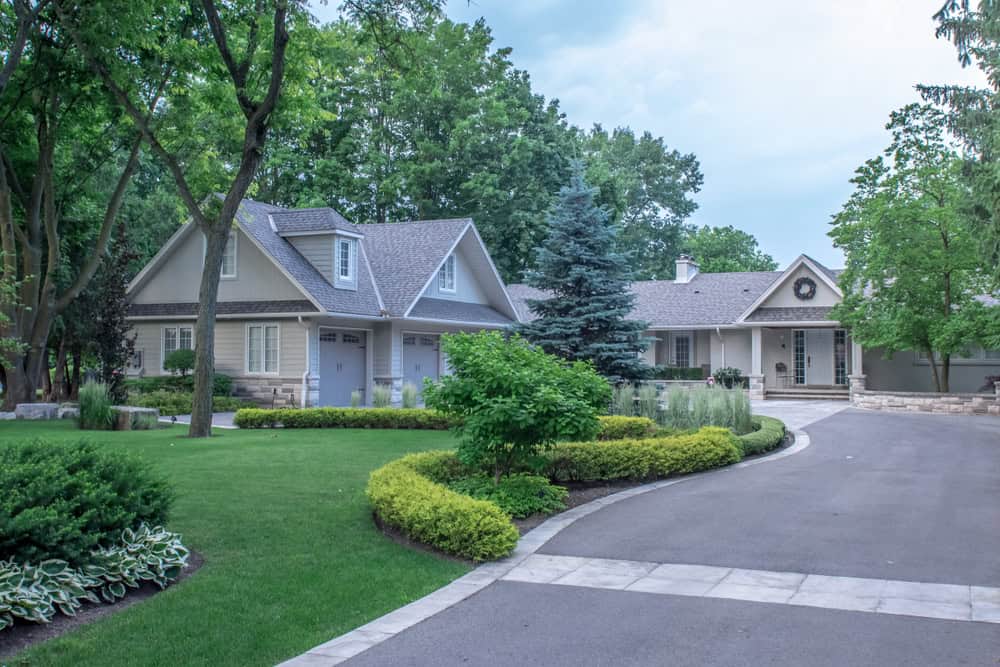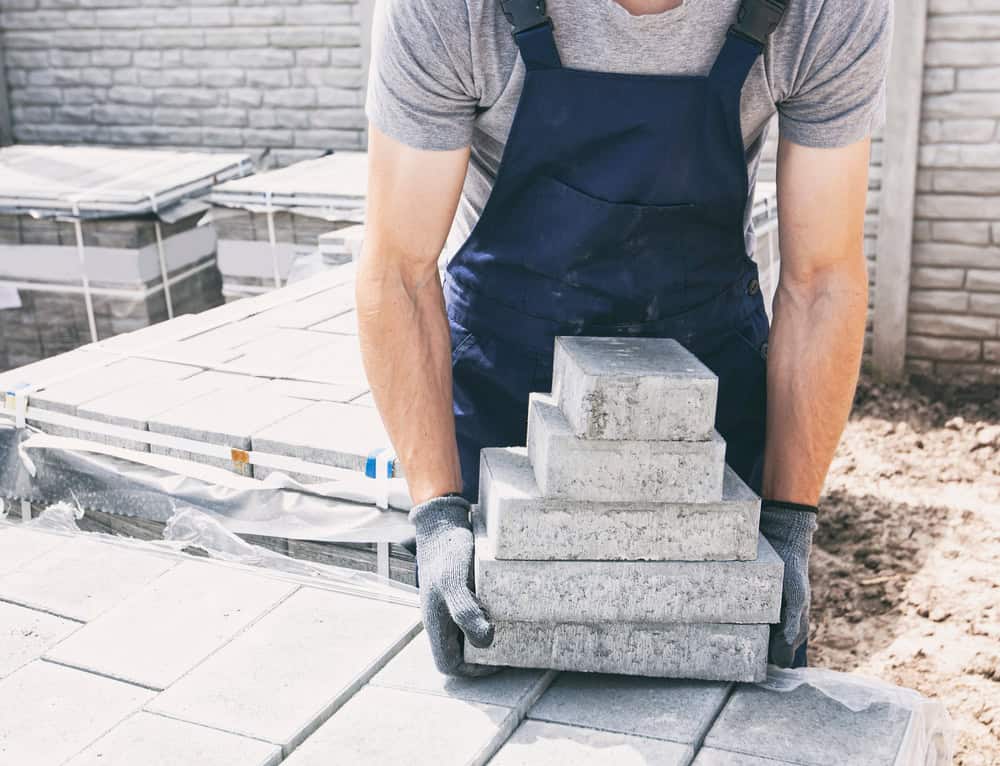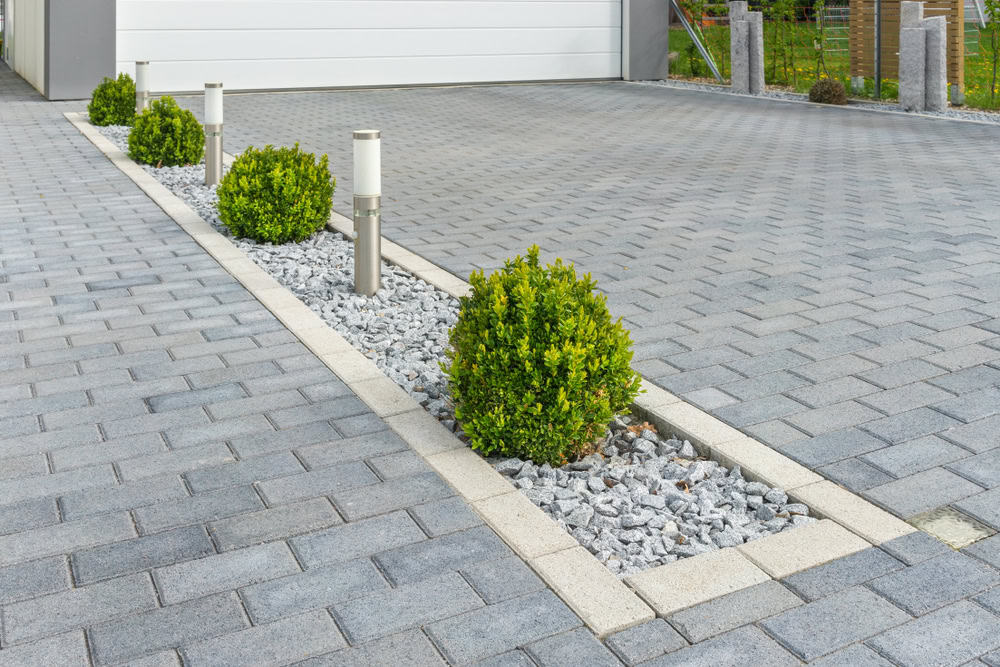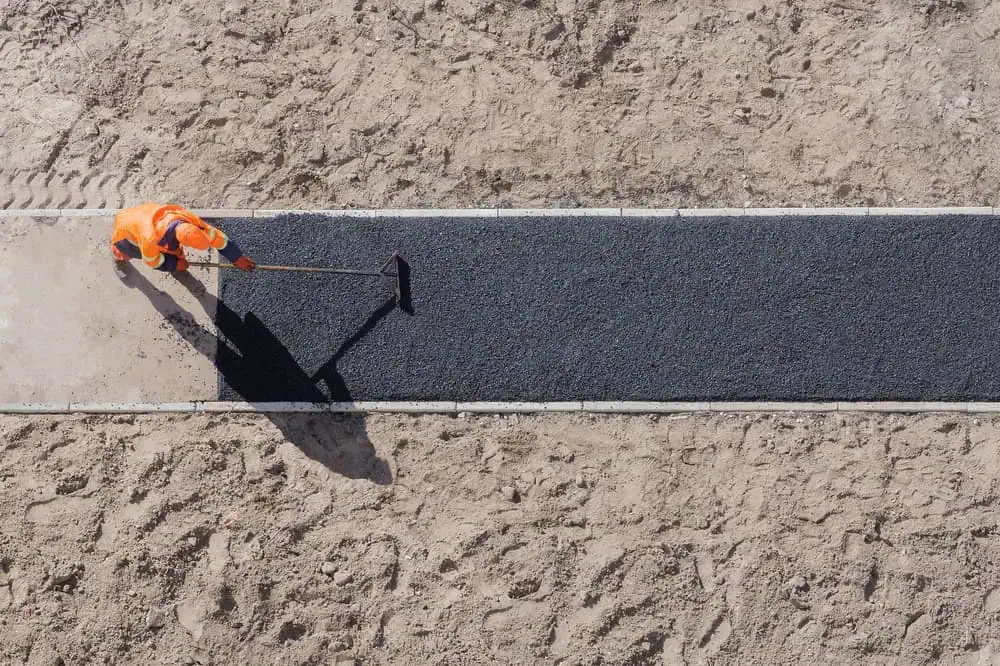Professional paver installation that handles New England weather and looks great year after year.


Your backyard becomes the place everyone wants to gather. No more looking at that cracked concrete patio or muddy patch where you always said you’d do something someday.
Properly installed pavers give you a level, attractive surface that drains well and stays put through freeze-thaw cycles. You get years of barbecues, morning coffee, and evening conversations without worrying about trip hazards or water pooling.
The right paving job means you stop making excuses about your outdoor space and start enjoying it. Your property value goes up, but more importantly, your quality of life does too.
Academy Masonry has been handling paver installations throughout Ayer and Central Massachusetts for years. We understand the clay soil conditions here and how frost affects improperly prepared bases.
You won’t find us cutting corners on excavation or base preparation. We’ve seen too many beautiful paver jobs fail because someone skipped the foundation work that matters in this climate.
Our team knows local building requirements and works with the best material suppliers in the area. When we finish your project, it’s built to handle whatever New England weather throws at it.

We start with proper excavation – typically 8-12 inches depending on your soil and intended use. This isn’t where you want someone guessing or trying to save a few dollars.
Next comes the base layer of crushed stone, properly graded and compacted. This is what keeps your pavers level and prevents settling. We use a plate compactor, not just hand tamping, because the base determines everything.
Paver installation follows with proper edge restraints and joint sand. We sweep and compact multiple times to lock everything in place. The final step is sealing if you choose it, which protects against stains and enhances color.

Ready to get started?
Every paver installation includes proper excavation, engineered base preparation, and professional-grade materials. We handle permits when required and work around your landscape features whenever possible.
You get a variety of paver options – concrete, clay brick, or natural stone – in multiple colors and patterns. We’ll show you samples and help you choose what works best for your home’s style and your budget.
Cleanup is part of the job, not an extra charge. We haul away excavated material and leave your property neat. Most residential patio projects take 2-4 days depending on size and complexity, and we’ll give you a realistic timeline upfront.

Local Resources